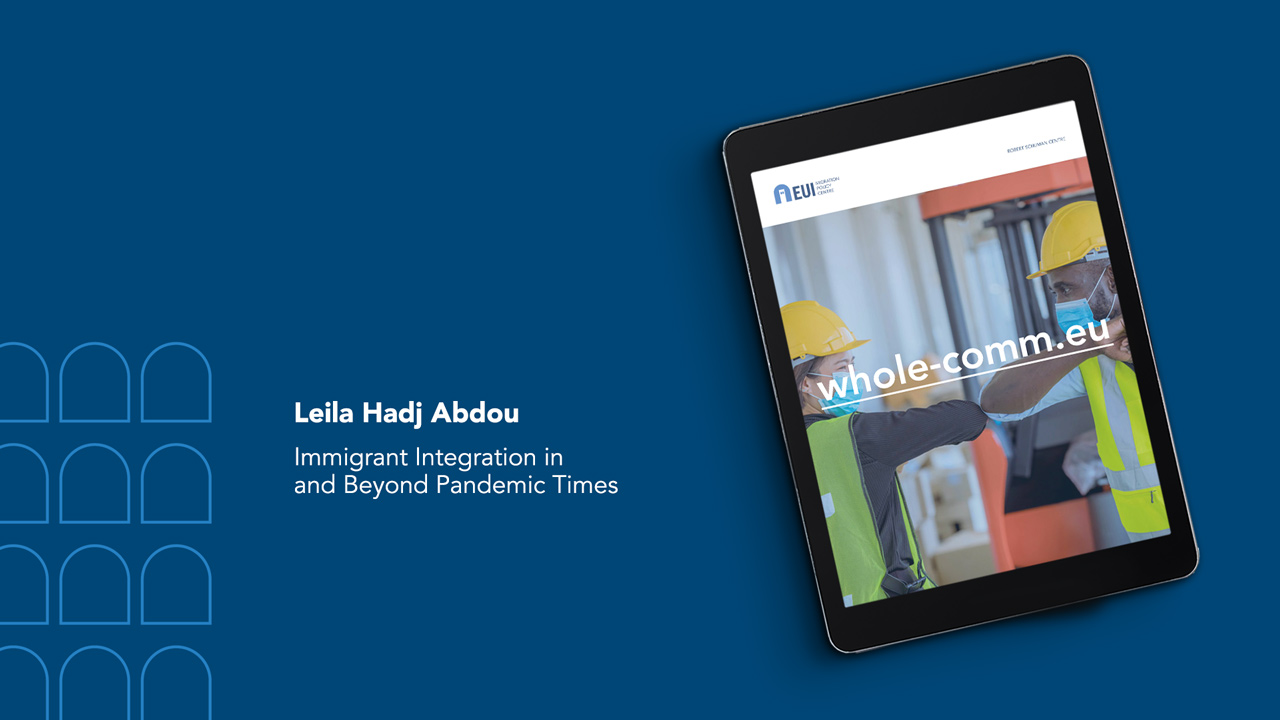During the past months the Covid-19 pandemic has dominated public and political debates. So far vaccines are the most promising tool to slow down infection rates, and most importantly to decrease hospitalization rates. Studies have indicated that minoritized persons, including those with a migration background though tend to have lower vaccination rates compared with the overall population, and are at a higher risk to catch the virus and to get more severely ill. Especially migrant groups with precarious employment or jobs in healthcare, transport or the cleaning sectors and other vulnerable life circumstances, such as poverty and low quality housing conditions as well as fewer chances to access public health information have a higher exposure to risk of infection and hospitalization. The responses by governments in light of this vulnerability of migrants across the EU is anything but homogenous. While some have exhibited increased efforts to address vulnerable migrant groups, for instance targeting also irregular migrants in vaccination strategies, or setting up multilingual information campaigns others have not. The pandemic has certainly anew highlighted the importance of immigrant integration efforts.
This is a part of a blog post by Leila Hadj Abdou (Part-Time Assistant Professor at MPC) and Leila Giannetto (Research Associate at MPC).
